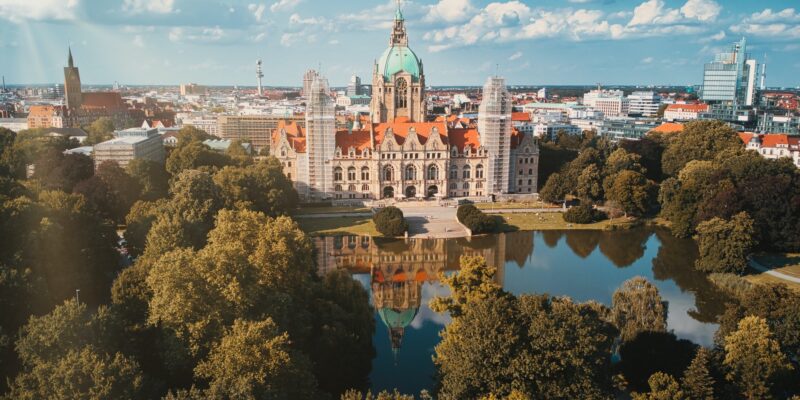Hannover, Germany, has taken decisive action in response to the Russian gas crisis, with the Mayor announcing a city-wide goal to reduce energy consumption by 15%, in line with the EU-wide objective. To achieve this, a series of energy conservation measures have been implemented, affecting public buildings, lighting, and temperature regulations.
Energy Conservation Measures:
Hannover has introduced several measures to reduce energy consumption and mitigate the impact of the gas crisis. Hot water supply in public buildings, including swimming pools, sports halls, and gyms, has been discontinued. Public fountains have been switched off, and night-time lighting on major buildings, such as the town hall and museums, has been suspended. Public buildings will have no heating from April to September, while room temperatures will be limited to 20°C throughout the year. Additionally, the use of portable air conditioners, heaters, and radiators has been banned.
Impact on Consumers:
Germany has confirmed the implementation of a gas surcharge due to the Russian gas crisis, resulting in potential additional costs of up to €500 per year for consumers. Economy Minister Robert Habeck has stated that the exact cost of gas in November is yet to be determined, but it is anticipated to amount to several hundred euros per household.
Addressing Energy Affordability and Resilience:
The energy conservation measures in Hannover aim to address both the affordability and resilience aspects of the gas crisis. By reducing energy consumption, the city seeks to relieve the strain on the gas supply, ensure continuity of service, and alleviate the financial burden on consumers.
Conclusion:
Hannover’s proactive response to the Russian gas crisis through energy conservation measures demonstrates a commitment to resilience and sustainable energy management. By implementing restrictions on hot water, lighting, heating, and temperature control, the city aims to achieve its goal of reducing energy consumption by 15%. While consumers face potential additional costs due to the gas surcharge, these measures aim to mitigate the impact of the crisis and promote energy affordability and efficiency.

